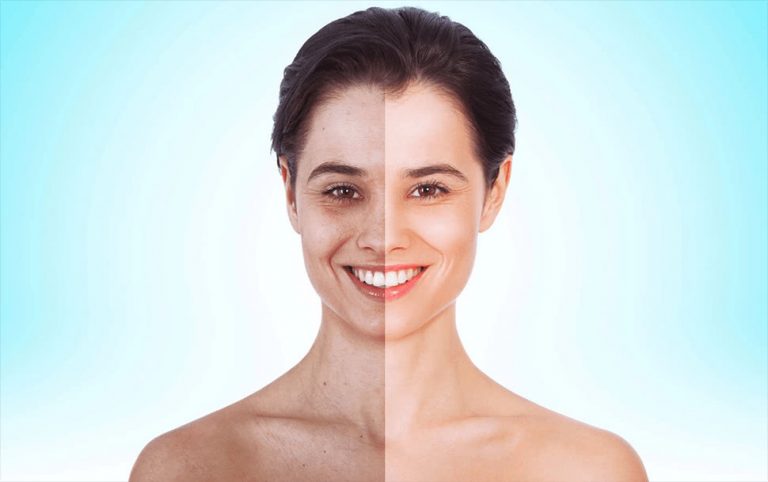Getty Images, the famous US stock photo company, has taken a drastic step in their campaign to promote body positivity and accuracy within their images, banning photos which feature models whose appearance has been altered by the use of image manipulation programs such as Photoshop.
As Bandt reports, Getty Images have made this decision based upon a number of factors, including the fact that searches for terms such as “unfiltered”, “authenticity”, and “real life” have increased by 219%, 104% and 99% in the past year, respectively.
This decision also comes in the wake of a similar move in France, where advertisers are being forced to adhere to a new rule, which states that images that feature a retouched model must now state that the photo has been edited.
As Bandt notes, this is just one of many positive moves that Getty Images have made in the last ten months alone, showing their continued commitment to their support of body positivity and authenticity in images.
Over the last year, Getty Images have partnered with a number of organisations, such as LeanIn.Org, JLR, and Refinery29, in addition to creating their own initiatives, to help promote authenticity in images that feature women, a well as supporting causes that encourage a change in the perception of women in science, technology, engineering and maths careers.
In a statement to The Observer, Rosalie Nelson, who has campaigned against the use of dangerously underweight models in the past, has praised the move.
“In most publications and advertisements, the models’ bodies have been distorted to make them appear healthier or a ‘more desirable shape’ – which can often mean a very thin model has had his or her body Photoshopped to look larger than it actually is,” Rosalie Nelson said. “These same models are often asked to lose excessive amounts of weight and to diet obsessively.”
Love Music?
Get your daily dose of metal, rock, indie, pop, and everything else in between.
“I’m optimistic that the whole industry will be more focused on health and body positivity in the next decade, rather than going for the ‘heroin chic’ look.”


































